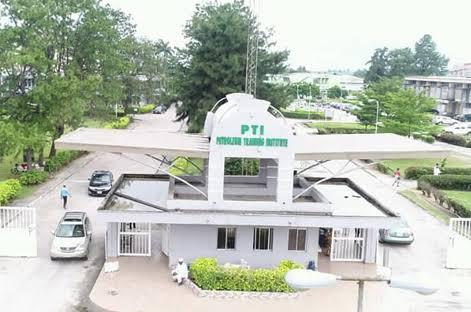
The outgoing Principal had been widely accused of maladministration, inefficiency and corruption.
Members of the Right Education Empowerment and Development Centre (REED), a non-governmental organisation in Delta State, have alleged that there are moves to disenfranchise some candidates vying for the position of CEO/Principal at the Petroleum Training Institute, PTI, Effurun-Warri.
The group wrote to the chairman of the Federal Character Commission to inform him of the alleged injustice being carried out by the current management board of the PTI.

It also stated that mass protests might follow if justice, equity and fairness were not considered in the appointment process for a new CEO/Principal for the institution.
SaharaReporters gathered that the PTI board recently increased the age limit for candidates aspiring to become the institute's Chief Executive Officer from 40 to 50 years.
This was contained in the advertisement for appointment into office as published in the Vanguard newspaper of December 16, 2020.
This means that anyone who is not up to 50 years of age as at December 2019 is not qualified for appointment into the office of the institute's CEO/Principal.
The REED alleged that the move was introduced to disqualify some candidates who were not yet 50.
They stated, in the letter, that the board increased the age limit to favour the current Principal, Sunny Iyuke, because they want him back for a second term despite an alleged poor performance in office.
The group also alleged that the outgoing Principal had been widely accused of maladministration, inefficiency and corruption.
A statement issued by the group read, "In 2015, when the governing board made a similar advertisement for appointment into the same office, the age limit was put at 55 and below.
But this time round, according to REED, the latest adjustment made in the age limit is a deliberate tactic intended to “disenfranchise certain competent individuals with the requisite academic qualifications and popularity to become the next Principal of the institution."